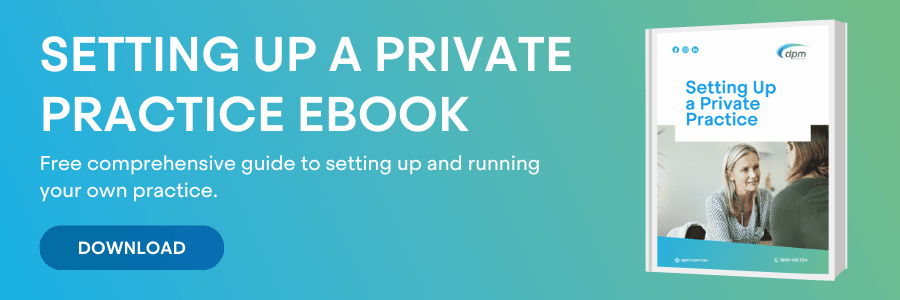Buying into a practice is an exciting yet somewhat daunting idea. Many medical practitioners, when finishing their training and looking out to the future consider this option while balancing it out with some hours of work in the public. But, all these years have trained you to become the best in your medical specialty, not necessarily a business-minded person.
There’s a lot to consider when you buy into a practice as it’s not just about the financial aspect! All of a sudden, you are an employer with administration and human resources responsibilities, a business partner expected to deliver revenue, a marketer, a decision-maker, etc.
It’s not simple, but you can get help to make it happen smoothly. Our consultants have helped hundreds of their clients buy into practices. Below are some of the most common questions and answers we are happy to provide:
What do I need to know?
First of all, you need to get legal advice.
It is critical that you get legal advice from a lawyer with knowledge of the medical industry as there are many elements to private practice that may have significant implications for example:
- setting up the right structure(s)
- signing a lease for property
- becoming an employer
How much should I pay to buy into a practice?
Put simply, there is no simple answer to this question.
The value of a practice and therefore its purchase price considers many factors such as the location of the practice, the ongoing patient loyalty, referral sources, assets owned (e.g. furniture, fittings, computers, medical equipment, property), employees and infrastructure.
In some specialties, it’s uncommon to pay anything to join a practice; the fact that another consultant specialist will increase revenue of the practice negates the need for a purchase price.
What are the alternatives?
- Starting a new practice either on your own or with other practitioners.
The advantage of starting a new practice is that there is no upfront purchase cost, however you would need an amount of capital to fund the establishment and ongoing costs until the practice is deriving income. This would include finding a location, fitting out the premises and employing support staff. - Joining an existing practice as an employee or contractor.
Many doctors are deciding that they want to focus on the medicine, so having ownership is not a priority; ownership is something that should only be considered for those who want the extra responsibilities and are comfortable with the risks.
What structure needs to be set up?
Legal as well as tax structure(s) that is!
You should consider the pros and cons of different structures to hold your ownership in a private practice. The alternatives are individual, partnership, company and trust and each of these have different implications for income tax, capital gains tax and asset protection.
For more information or questions about buying into a private practice and the financial as well as legal implications, talk to one of our consultants on 1800 376 376 or click here to book an appointment.
*The information contained in this site is general and is not intended to serve as advice. DPM Financial Services Group recommends you obtain advice concerning specific matters before making a decision.






